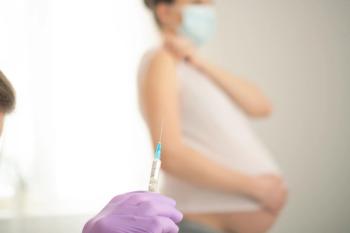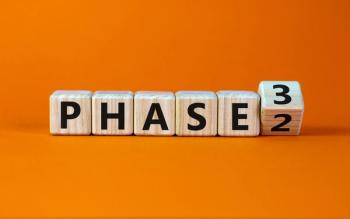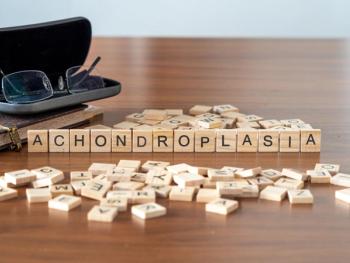
Katrina, catastrophe, terrorism—whatever its name, it's bad for children
The vulnerability of children in catastrophes involving terrorism.
In the wake of the September 11 attacks four years ago, nearly every news report, study, or other document that addressed the matter of children and terrorism reminded us of their particular vulnerability in catastrophes involving terrorism:
All these vulnerabilities are, of course, relevant whether or not a disaster involves terrorism.
I'm writing this essay in early September, but it's likely that, by the time you read it, we'll know more fully the extent of the impact of Hurricane Katrina on the children of Louisiana, Mississippi, and Alabama. The fortunate will have lost their homes, friends, pets, and belongings. The less fortunate will have also lost family members. And some-possibly more than will be counted-will be dead. All the survivors will have lost the trust they had in a world that was safe, clean, and predictable. They will have seen the adults around them lose control of their environment and their future.
Children are no more articulate about their emotional and psychological pain than they are about physical symptoms. Even those who survive, even those who come through without injury or illness, will be hurt.
Newsletter
Access practical, evidence-based guidance to support better care for our youngest patients. Join our email list for the latest clinical updates.








